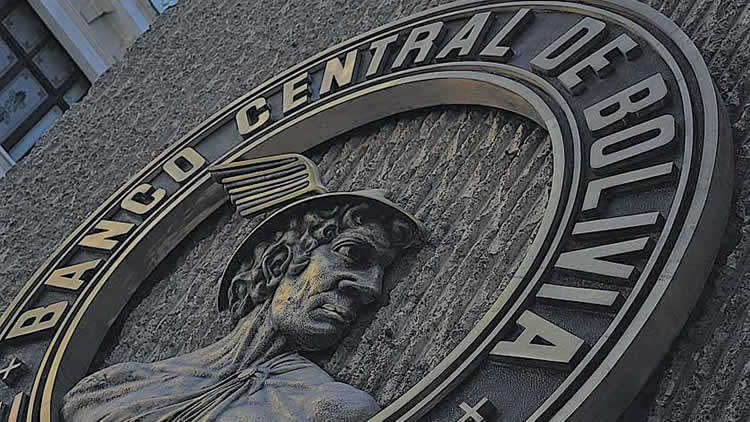The Central Bank of Bolivia (BCB) highlighted Tuesday the recovery process of the South American country’s economy and its stability in the first half of the year, despite the international context marked by the COVID-19 pandemic and the crisis in Ukraine.
The issuer published its Monetary Policy Report (MPR) until July 2022, which includes an analysis of the international context, monetary and exchange rate policies implemented, financial results achieved, and outlook.
In the first half of 2022, according to the BCB, two events shaped the international context: the emergence of the more contagious COVID-19 variant Omicron and the crisis in Ukraine, which affected the increase in food and energy prices.

According to the issuer, these two elements led to an inflationary process that the monetary authorities of most countries in the world countered by raising their monetary policy interest rates, which brought an additional risk of a decline in global economic activity.
According to BCB’s analysis in Bolivia, despite this unfavorable international context, economic reactivation remains dynamic, with gross domestic product (GDP) growth of 3.97 percent in the first quarter of 2022.
This growth contrasts with the negative rate recorded for the same period in 2021 when it was -0.61 percent.
In addition, the issuer assured that the external balance showed a favorable trend, contributing to stabilizing international reserves.
“The balance of payments recorded a current account surplus for the second consecutive year (US$274 million in the first quarter of 2022) and the highest in the last eight years,” it added.
The BCB also pointed out that in July this year, there was a trade surplus of US$1.287 billion due to a record in non-traditional exports and mining.
According to the MPI, the BCB’s monetary policy continued to focus on maintaining.

